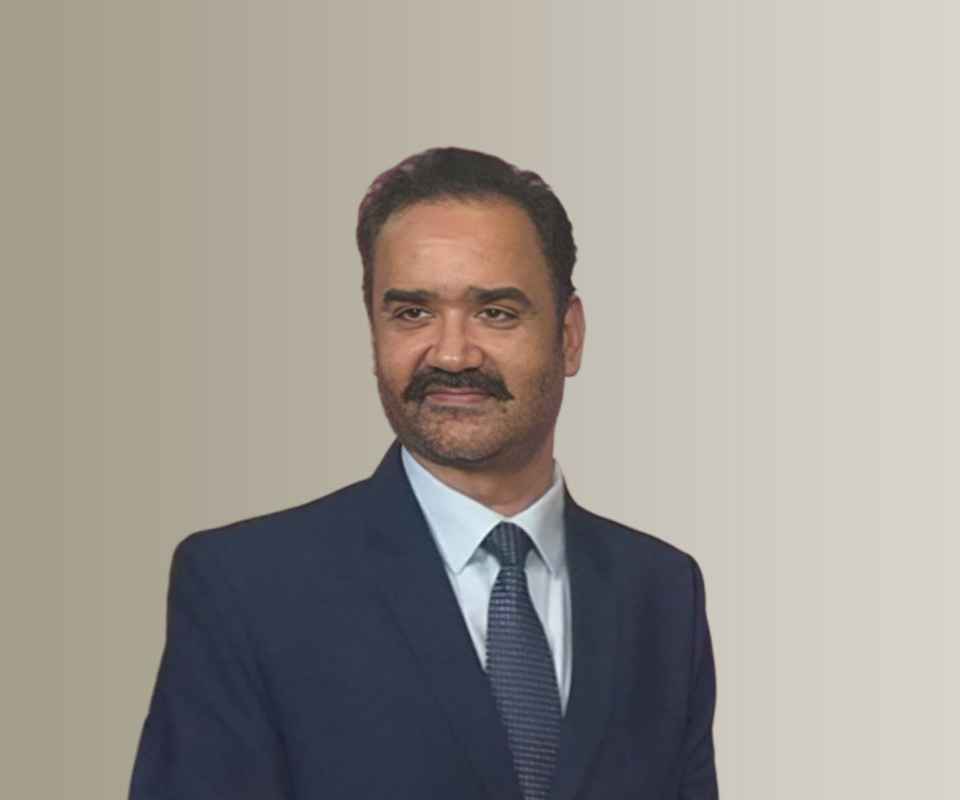Answer By law4u team
After a person is extradited to India, the Indian legal system takes over for prosecution or other legal proceedings related to the crimes for which extradition was granted. The process ensures the protection of the individual’s rights while addressing the demands of justice.
Detailed Explanation: What Happens After a Person Is Extradited to India
Surrender to Indian Authorities
Upon arrival, the extradited individual is formally handed over to Indian law enforcement agencies or judicial authorities.
Custody and Detention
The person is taken into custody and may be held in jail or a designated detention facility pending further investigation or trial.
Bail may be considered under Indian law depending on the nature of the offense and risk of flight.
Filing of Charges / Prosecution
The relevant prosecuting agency (e.g., Central Bureau of Investigation, state police) initiates legal proceedings by filing a charge sheet or complaint in the appropriate court.
The case proceeds according to the Indian criminal procedure.
Judicial Proceedings
The extradited person has the right to legal representation and a fair trial in India.
The court hears evidence, examines witnesses, and conducts trial proceedings as per Indian law.
Rights of the Extradited Person
They are entitled to protections under Indian law including the right to counsel, right against self-incrimination, and protection under Article 21 of the Indian Constitution (right to life and personal liberty).
Possible Appeal or Bail Applications
The accused may file appeals or bail applications as permitted under Indian criminal law.
Completion of Trial and Sentencing
If found guilty, the court may sentence the person according to Indian penal laws.
If acquitted, the person is released.
Further Legal Actions
If multiple cases or requests exist, coordination may continue with other countries or authorities.
Example
Suppose a person extradited from the UK to India on charges of financial fraud is handed over to Indian police upon arrival. The police detain them, file charges in court, and the person is provided a lawyer. The court then conducts a trial to determine guilt or innocence, ensuring all legal rights are respected throughout the process.







